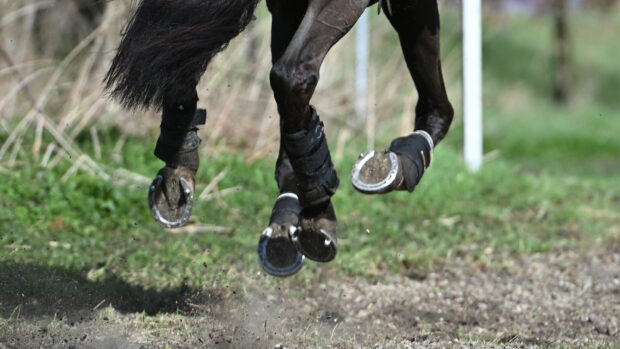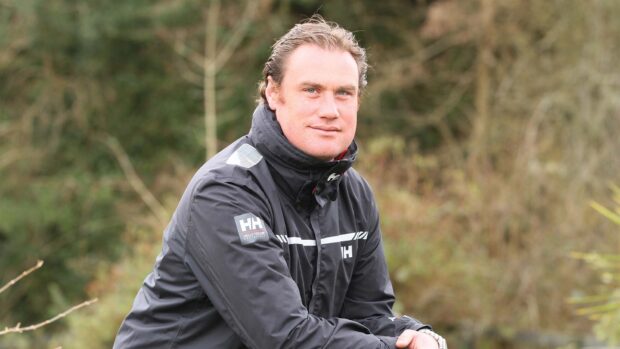Since winning the Geneva grand prix in the late 1970s, Nick Skelton won nearly every major class in the world – here he shares some of the highs of the sport.
How did it feel to win your first Major?
As anybody would, it was incredibly exciting. I had some very good horses in those days – Apollo won two grands prix at CHIO Aachen, and then I won in 1982 with Everest If Ever. Lastly, Big Star won the grand prix there in 2013 when it was part of the Rolex Grand Slam of Show Jumping, so I became the Rolex live contender. CHIO Aachen was always a great place to ride, even back in the 80s it was always packed with crowds – there was always a great atmosphere. Winning the Rolex grand prix in Aachen is an incredible feat for any rider to win. It’s probably one of the hardest ones to win, along with Calgary.
Do you think it takes a special and unique type of horse to win one of the Majors that make up the Rolex Grand Slam of Show Jumping?
Of course, they are big courses and there’s a lot of pressure with the big crowds of spectators that they attract. Riders also put a lot of pressure on themselves, as they are the most important grands prix to win.
How has the sport changed throughout your career?
One of the main things I notice now is the time allowed. Nowadays you have to jump the courses a lot quicker than you used to. I watched the video back recently, I think from 1987 when I won a grand prix with Apollo, and the time allowed was 102 seconds – nowadays you’re in the same field with the same amount of fences, but the time allowed now ranges from 82 to 84 seconds. So, you need to be roughly twenty seconds quicker than what you needed to be all those years ago. The fences come at you quicker nowadays. There are often more fences in a modern course, despite the rings being so small, they now fit around 13 jumps into even the smallest rings. That is added pressure on the horses as they have to jump quicker and more obstacles than they did back in those days.
How did the introduction of the Rolex Grand Slam of Show Jumping enhance the sport?
It’s a very good concept – it’s incredibly difficult to win. I suppose back in the day I would have done it; I think I won those grands prix, some of them all in the same year. Scott Brash is the only rider to have done it, it is difficult to win two of those in a season, let alone three or four, so it’s an amazing accomplishment. I think overall, it’s made the sport more competitive, with riders striving to get to the pinnacle of showjumping, which is the Rolex Grand Slam.
How did you deal with nerves?
I don’t think I got nervous; all riders get a little bit apprehensive before an important ride because you want to do well. If somebody said that they didn’t feel anything, I’d say they were lying. Riders feel emotions because they want to do well. It’s more adrenaline than nervousness I’d say. I can only speak for myself, but once you start the course, I never noticed anything going on in the ring or anything going on around me. I suppose that’s synonymous with most athletes, I imagine when playing at Wimbledon, tennis players concentrate on what they’re doing and so can’t hear the crowd, it was the same for me.
What parts of competing do you miss the most and least?
Winning is what I miss the most! I miss travelling the least, although I am still doing a fair amount of it with our students and Laura [Kraut]. I do miss taking part. Sometimes I’m watching, thinking to myself “this is a big grand prix, wouldn’t it be nice to be out there competing”. But I was and am satisfied with what I accomplished throughout my career. I’m not the kind of person that looks back and has any regrets.
What is your advice to new generations starting to climb the ranks in professional showjumping?
The art of the game is picking the right horses, the ones that can take you to the top. You do have to be able to ride them though, but getting the best ones is the most important thing.
How have you kept the horses in training during lockdown?
We’ve just been doing it at home, we’ve built courses at home for the students and once a week we’ll pick a course and practice, it’s been quite entertaining and I’ve enjoyed it because I’ve never spent this much time at home, so the lockdown hasn’t been too big of a problem for me.
With thanks to Rolex Grand Slam.




